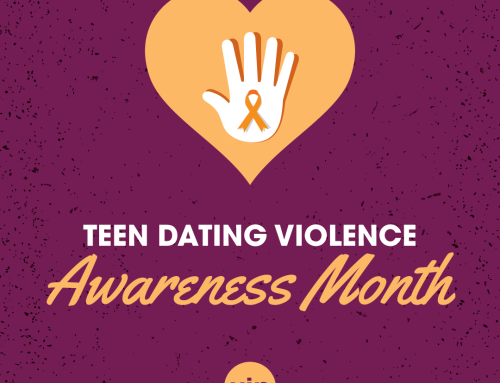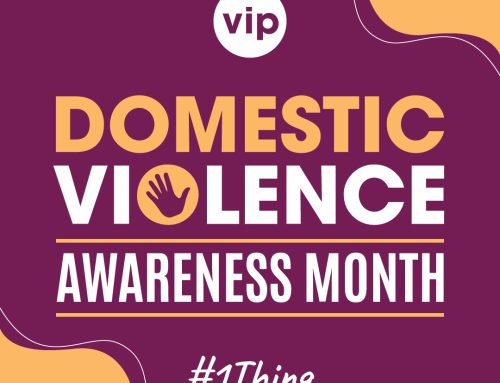For most of us, when we hear the word stalker, our minds form an image of a stranger lurking in the shadows. However, strangers only make up about 19% of stalkers! The more common culprit is someone we least expect – a partner or former partner! Nearly half of victims that experience this crime, are stalked by an ex or current intimate partner.
Studies show us that intimate partners who stalk are more likely to have a criminal record, abuse drugs and/or alcohol and follow through on their threats of violence. Stalking can be a precursor to murder. 76% of women murdered by an intimate partner were stalked first.
The formal definition of stalking can be summed up as a pattern of behavior directed at an individual that would cause that person to be afraid. Though the definition seems short and simple, stalking can take many complex forms. Typical stalking behaviors can be broken down into four categories, Surveillance, Life Invasion, Interference and Intimidation (SLII). Check out the SLII list below for some more details on stalking behaviors.
There is a high correlation between intimate partner violence and stalking. Often times, when a relationship ends, the stalking begins. But stalking can also happen during the relationship. A survey found that 57% of stalking survivors reported that their partner stalked them prior to the break up.
81% of victims who have been stalked by an ex-partner, shared they had also experienced physical abuse during the relationship. Intimate partner stalkers can be extremely dangerous and are much more likely to reoffend, even after court interference. They also approach their victims more frequently than non-intimate partner stalkers and pose a higher risk of assaulting third parties (like the victim’s family, friends or pets).
The key difference between a stalker who is a stranger to the victim and a stalker who is a current or former partner, is the depth of the intimate knowledge the stalker has. Think about all the secrets and fears we share with our partners. They know everything about us. Now, image them using those secrets against you. Blackmailing you with them. Threatening to write about them on social media. Sharing the pictures you sent them in confidence. Spreading rumors about you to your friends, family and employer. These behaviors are life altering and sometimes career ruining.
VIP advocates can help victims of stalking through individual or group counseling and by helping them navigate through the legal system. If you or someone you know has experienced stalking, call our 24-hour hotline today for more information on how VIP can help!
Most stalking behaviors can fall into one of the four following categories:
Surveillance Life Invasion Interference Intimidation
Following Harassing Contact Work sabotage Threats to harm
Watching Phone calls Prevent from leaving Public humiliation
Showing up Property Invasion Physical attacks Threats of suicide
Tracking software Hacking accounts Custody threats Threats to family
Proxy stalking Impersonation Sexual attacks Property damage





